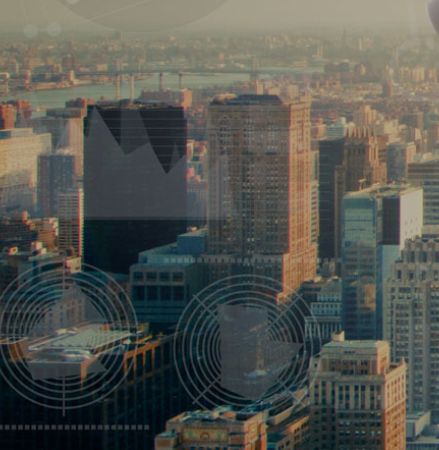Realcomm Recap
Huebsch, Teel talk trends
Yardi’s Rob Teel, senior vice president of global solutions, and Todd Huebsch, vice president of commercial sales, discussed key trends in the commercial real estate industry in interviews at the recent Realcomm and IBCon conferences. Excerpts follow. Q: What are some key shifts that you’re seeing in commercial property management? Huebsch: From an enterprise platform […]

